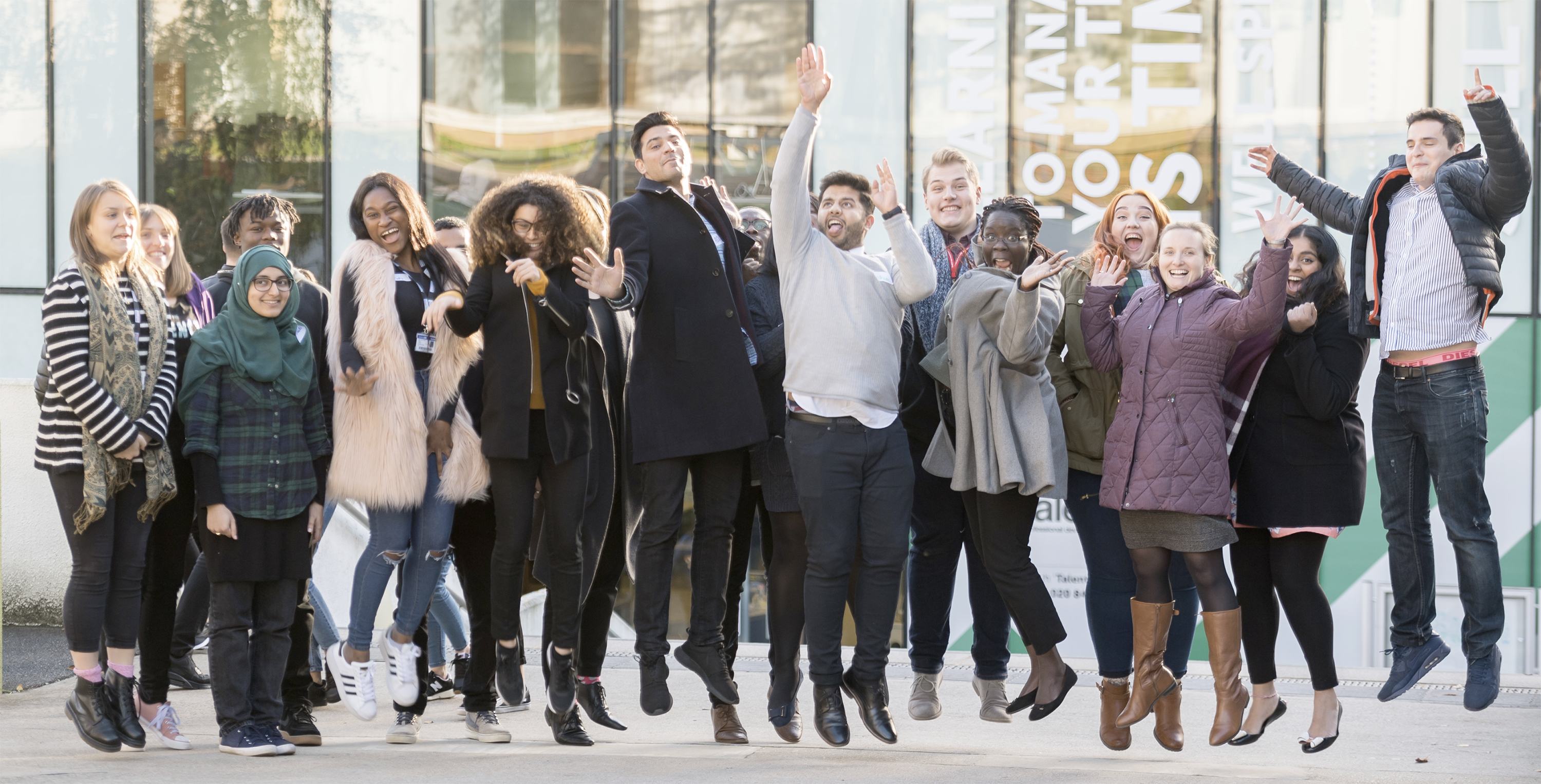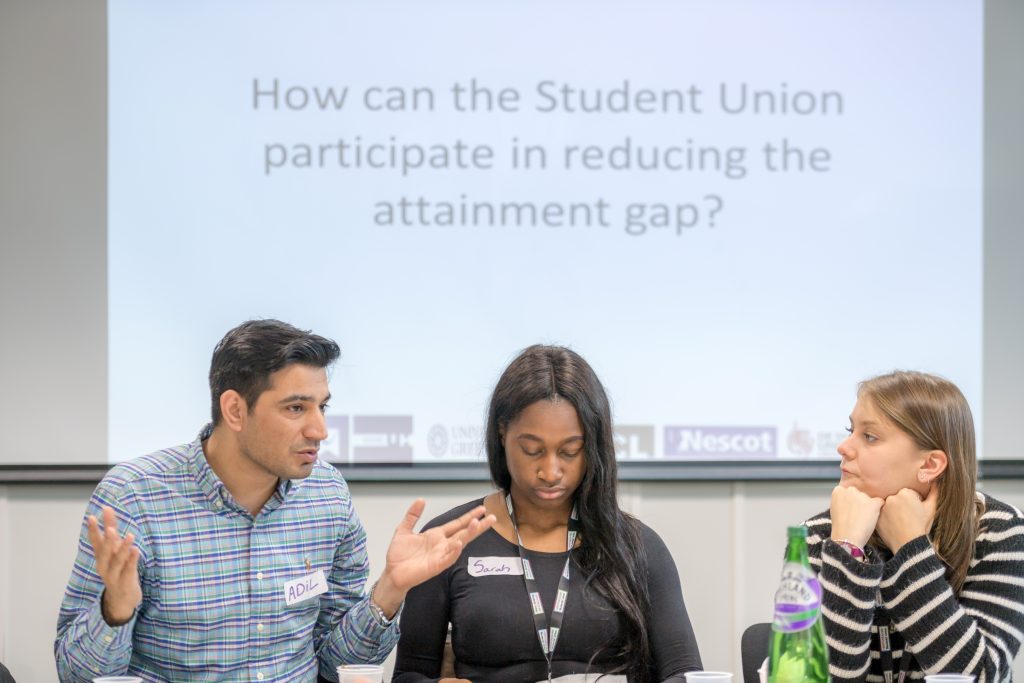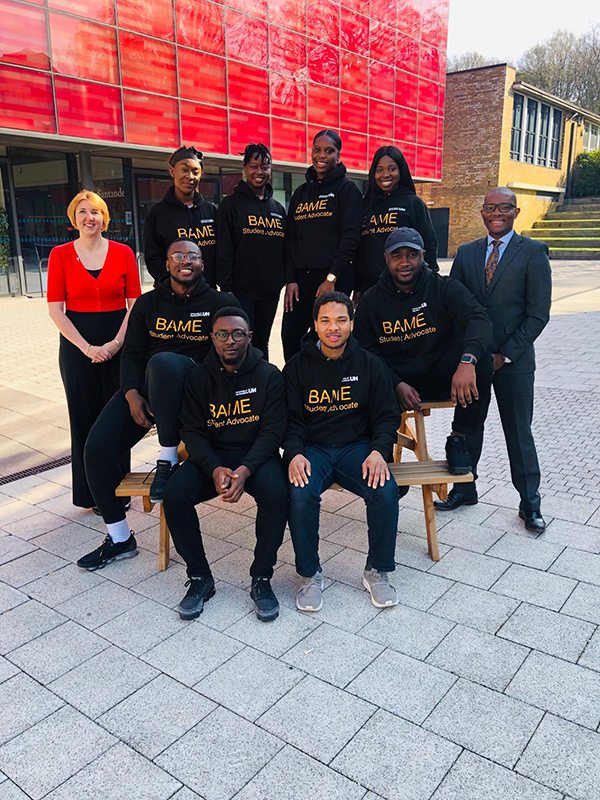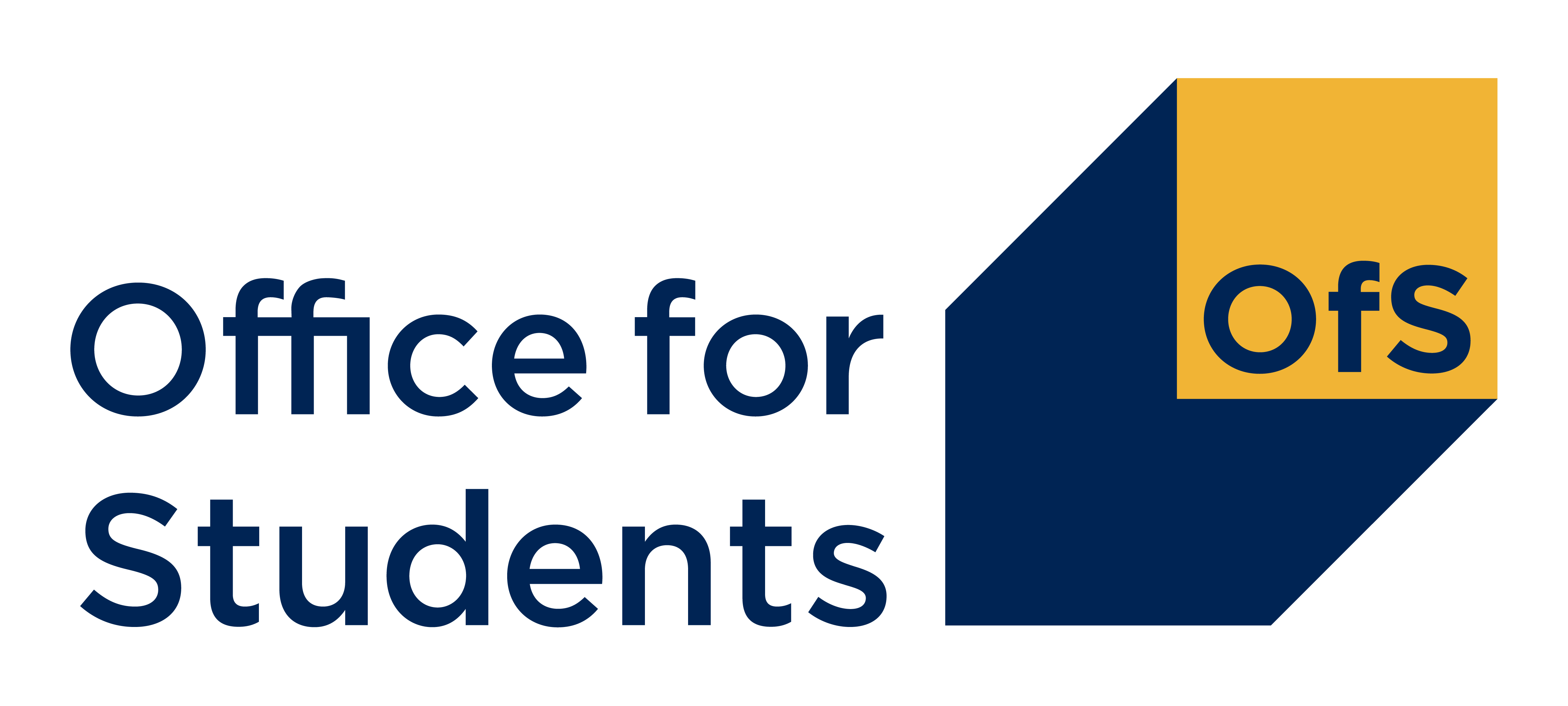
A growing body of research supports the theory that institutional cultures and academic curricula can create exclusive environments, ‘othering’ some students, thereby playing a significant role in differential attainment and specifically the BME attainment gap (Ross et al., 2018). Authentically collaborating and co-creating with students of all backgrounds allows institutions to create more accessible, representative and globally-relevant environments, increasing the sense of inclusion for students who may have otherwise felt excluded. This student participation is central to the projects approach to creating an inclusive culture and reducing the BME attainment gap.
Reference – Ross, F. Tatam, J. Hughes, A., Beacock, O. and McDuff, N. (2018) “The great unspoken shame of UK Higher Education”: Addressing inequalities of attainment African Journal of Business Ethics, Vol. 12 No. 1, June 2018, 104-115
Involving Students in Curriculum Design and Review
Following the success of Kingston University’s Inclusive Curriculum Framework (ICF), the Curriculum Consultant programme was developed to ensure students were involved in institutional change. Students who work as Curriculum Consultants use their own diverse lived experiences and Kingston University’s ICF to collaborate with staff to create more accessible, meaningful and globally-relevant curricula at all levels of the institution. The consultants work with staff in a variety of ways to address potential barriers in the curriculum, including reviewing and feeding back on curriculum materials, co-developing curricula with staff, delivering workshops that encourage staff to reflect on their approaches to inclusion and providing forums for students and staff to discuss inclusion and (in)equality in university spaces. Staff are introduced to a range of student perspectives when they participate in a review or workshop with Curriculum Consultants. Now in its third year the programme continues to grow and has provided former consultants a unique opportunity to progress into graduate roles within Higher Education.
Student involvement in curriculum design
Most universities adopted an approach that involved students in the processes of designing and reviewing the curriculum, expressing the view that they had played a vital role. Here is an overview of how students were included at the individual institutions, with links to useful supporting materials:
Working with Student Unions

All project partners found that the Student Union (SU) was a key part of getting institutional buy-in to tackle the attainment gap. Consequently, SU representatives from each of the universities came together to share their experiences of tackling the attainment gap. Watch this video to find out more.
Kingston University hosted Student Union event

